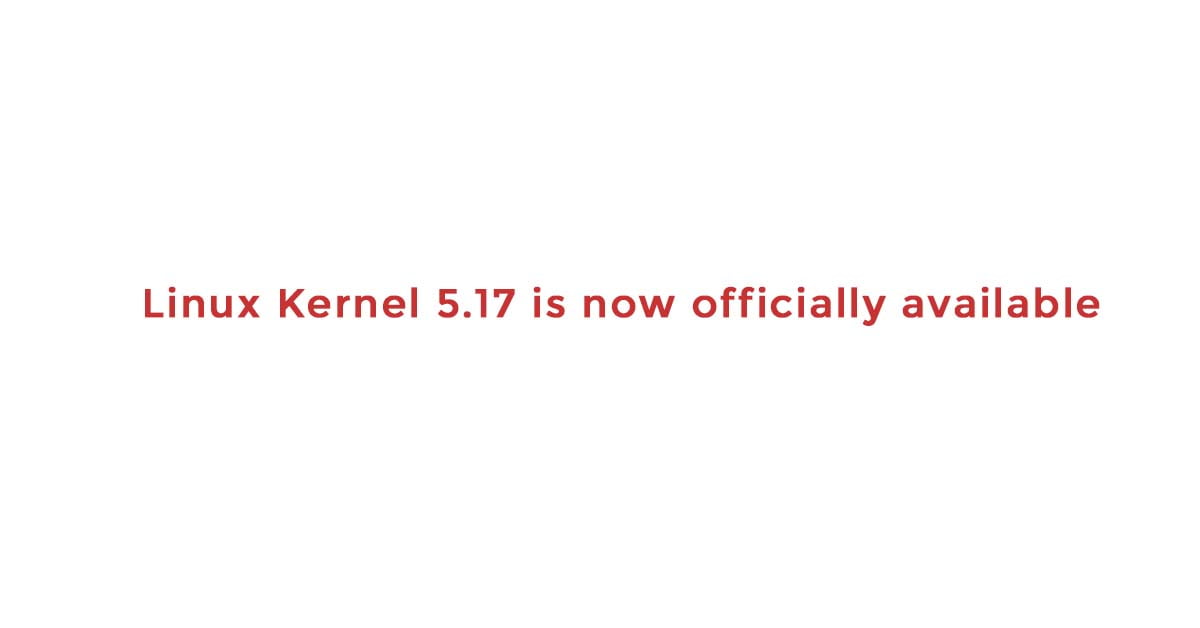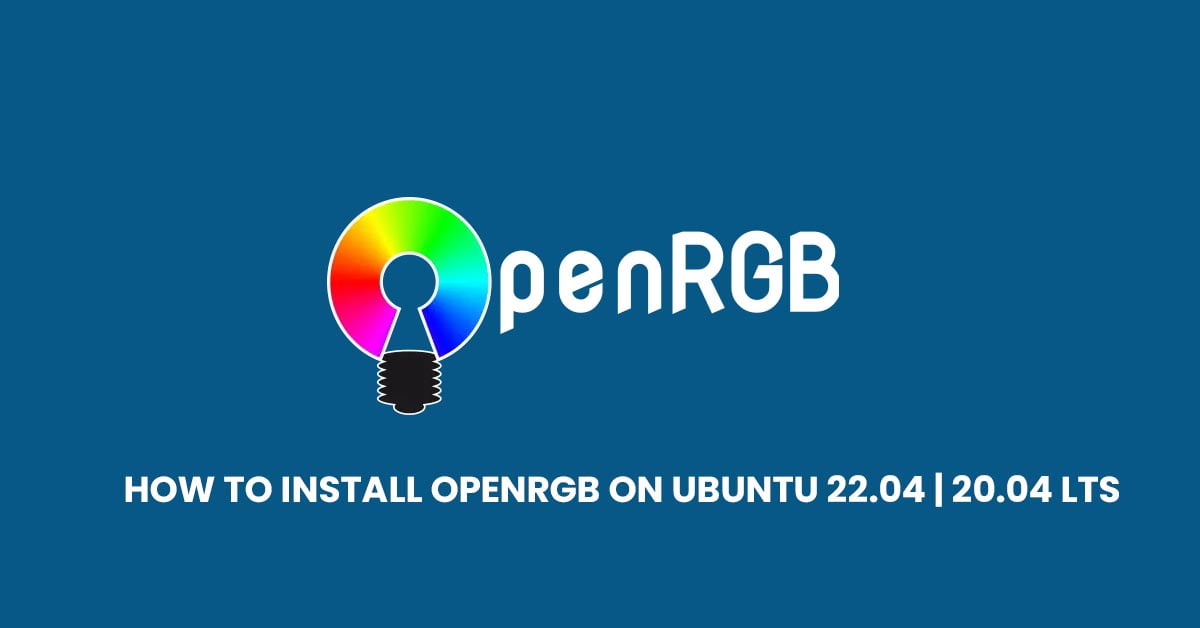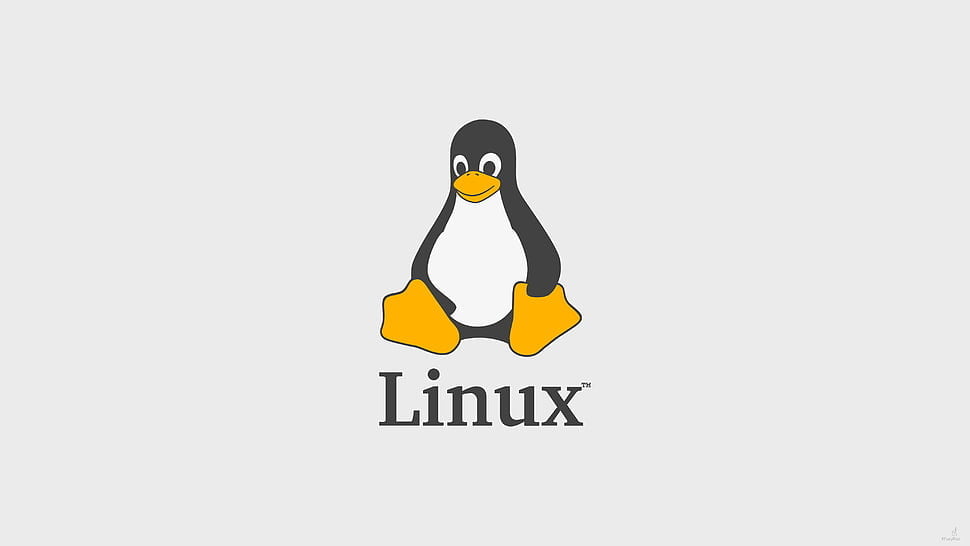Linux Kernel 5.17 is now officially available.
As usual, Linus Torvalds made an announcement of the release and general availability of Linux 5.17. Part of an announcement from the boss of Linux is below:
So we had an extra week of at the end of this release cycle, and I’m
happy to report that it was very calm indeed. We could probably have
skipped it with not a lot of downside, but we did get a few
last-minute reverts and fixes in and avoid some brown-paper bugs that
would otherwise have been stable fodder, so it’s all good.And that calm last week can very much be seen from the appended
shortlog – there really aren’t a lot of commits in here, and it’s all
pretty small. Most of it is in drivers (net, usb, drm), with some core
networking, and some tooling updates too.It really is small enough that you can just scroll through the details
below, and the one-liner summaries will give a good flavor of what
happened last week.Of course, this means that the merge window for 5.18 will be open
starting tomorrow, and I already have about a dozen pull requests
waiting in my inbox. I appreciate the early pull requests: it gives me
that warm and fuzzy feeling of “this was all ready in plenty of time”.
Judging by the statistics in linux-next, it looks like 5.18 will be a
bit bigger than 5.17 was, but hopefully without some of the drama.So go test this, and we’ll get 5.18 started tomorrow.
Linus
Linux Kernel 5.17 is now officially available
What is new in Linux Kernel 5.17
- Recursive support for id-mapped mounts.
- New gpio-sim module for simulating GPIO chips.
- Fix bug in pipe direction for control transfers
- Boot-time memtest memory tester to the m68k architecture
- Support for KCSAN for the ARM64 architecture
- Adds support for KFENCE
- Many More
Meanwhile, do check our blog on:
How To Install Kernel In Ubuntu
How To Update Kernel In Linux





![How To Install VS Code Editor On Ubuntu 22.04 LTS [Multiple Methods]](https://itsubuntu.com/wp-content/uploads/2022/02/Install-VS-Code-Editor-On-Ubuntu.png)

